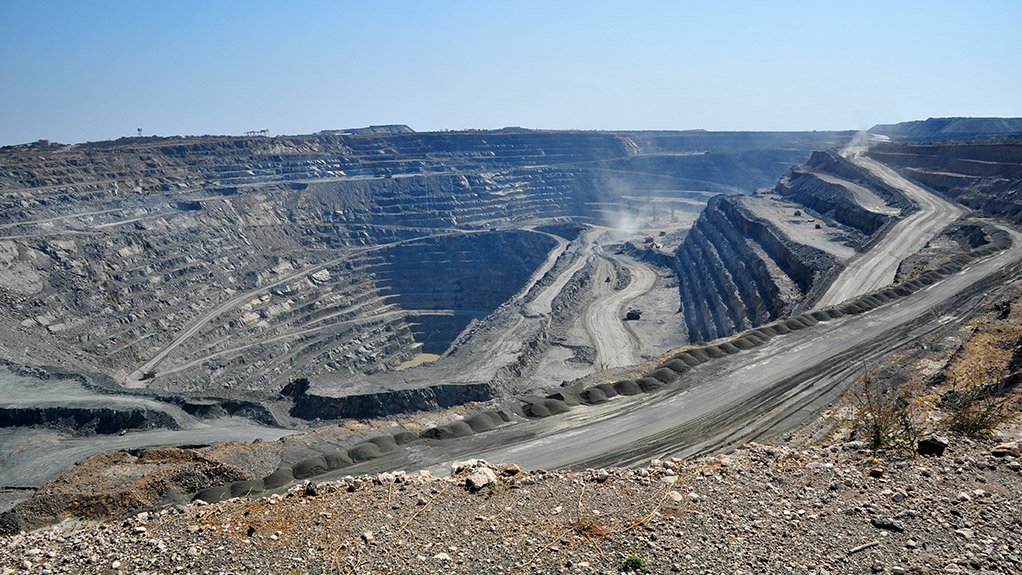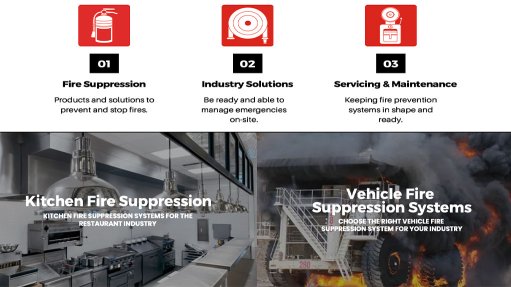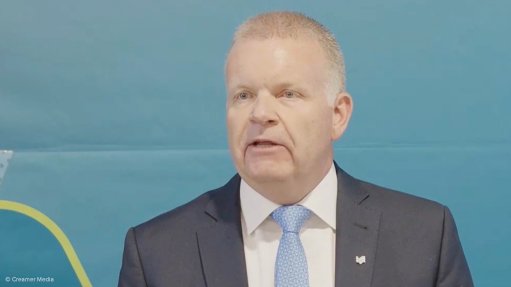Venetia Underground Project, South Africa – update


Name of the Project
Venetia Underground Project (VUP).
Location
Venetia mine, in Limpopo, South Africa.
Project Owner/s
Anglo American subsidiary De Beers Consolidated Mines.
Project Description
The Venetia mine, which officially opened on August 14, 1992, is currently the biggest producer of diamonds in South Africa.
The mine is an openpit operation; however, following shareholder approval, development work began in late 2013 to build the new underground mining operation beneath the current operating openpit. It is currently the biggest diamond mine development under way anywhere in the world.
The VUP will extend the mine life to 2047 and yield 88-million carats from about from 134-million tonnes of material.
The Venetia project comprises the K01 and K02 orebodies. Both kimberlites extend below surface, enabling De Beers to mine to depths of up to 1 000 m. There are indications that K01 extends below 1 000 m, and De Beers may explore options that extend the underground operation’s life beyond 2045.
K01 – a sizeable orebody measuring 550 m x 120 m – will be responsible for the majority of production, generating an average of 3.5-million carats from about 4.5-million tonnes a year of material.
The K02 orebody – measuring 200 m x 300 m – will provide the balance, producing about one-million carats from 1.5-million tonnes to 2.5-million tonnes a year of material.
The current mining solution for the underground project will use sublevel caving to extract material from both orebodies. Further optimisation studies are being completed to determine whether the K02 orebody should be mined using a block cave mining methodology.
Underground infrastructure comprises two vertical shaft systems for personnel transport, ore transport and the routing of services, as well as lateral access to levels on the 54L, 91L and 94L stations for the services shaft, and on the 100L station for the production shaft.
The service shaft has a finished internal diameter of 7 m and will eventually provide all the services and people transport for the underground workings, while the production shaft, also with a finished internal diameter of 7 m, will be fitted with two rock winders, each having two 24 t payload skips.
The service and production shafts will serve as downcast air intakes to the underground workings, while a decline and pit ramp will assist with early underground access for the construction of the production infrastructure for K01 and K02, which will be developed concurrently to the vertical shafts.
They will also serve as additional air intakes and logistical access points, which VUP says will mitigate the immediate requirement for the use of the shafts for ground handling.
Overall, VUP will undertake 61.5 km of initial excavations as part of the expansion project, as well as a further 177 km of excavations over the remainder of the underground life-of-mine.
Surface infrastructure, which includes change houses, a heat tolerance testing centre, a lamp room, a proto room, a control room, winder houses, workshops, warehouses, ventilation systems and a state-of-the-art training facility, were completed in early 2021.
De Beers also plans to have Venetia operating as carbon neutral by 2030; using battery electric vehicles and installing a 60 MW solar photovoltaic plant are expected to help achieve that goal.
The ultimate sizing of the energy plant is yet to be finalised.
Potential Job Creation
During construction, employment will peak at about 2 200 personnel. The workforce currently comprises 1 800 people.
Net Present Value/Internal Rate of Return
Not stated.
Capital Expenditure
De Beers plans to invest about $2.1-billion in the VUP.
Planned Start/End Date
The VUP is targeting first production by late 2023 and a ramp-up to full production from 2024 onwards.
Latest Developments
Drive technology specialist SEW-EURODRIVE is installing four of its large segmented girth gear systems at the Venetia mine.
The mine is upgrading its two primary scrubbers and two secondary scrubbers, and the girth gear replacement is an integral element of this project.
The large girth gears measure 5.3 m in diameter and weigh about 6 t each, with each girth gear consisting of ten identical segments that are easily assembled on site.
The second and third installations – to be conducted on the two primary scrubbers – are scheduled for later this year. With the limited time available during a plant shutdown, the installation team adopts a 24-hour work cycle.
The contract includes the supply of large two-stage industrial gearboxes and the external pinions to drive the girth gear. The motors are coupled to the gearboxes using a fluid coupling on a purpose-built, drop-in baseplate. Smaller gearboxes are also coupled to the main gearbox as auxiliary drives for commissioning and maintenance.
Key Contracts, Suppliers and Consultants
Murray & Roberts Cementation (development of underground mine); and Redpath Australia (development of the underground mine with the De Beers team, working as the integrated owners team); and Sew-Eurodrive (girth gear replacement).
Worley, BMH, BBE, ABB, Grinaker and Louwill are among the contractors involved in the project.
Contact Details for Project Information
De Beers Group Managed Operations senior communications manager Jackie Mapiloko, tel +27 11 374 7173 or email jackie.mapiloko@debeersgroup.com.
Article Enquiry
Email Article
Save Article
To advertise email advertising@creamermedia.co.za or click here
Press Office
Announcements
What's On
Subscribe to improve your user experience...
Option 1 (equivalent of R125 a month):
Receive a weekly copy of Creamer Media's Engineering News & Mining Weekly magazine
(print copy for those in South Africa and e-magazine for those outside of South Africa)
Receive daily email newsletters
Access to full search results
Access archive of magazine back copies
Access to Projects in Progress
Access to ONE Research Report of your choice in PDF format
Option 2 (equivalent of R375 a month):
All benefits from Option 1
PLUS
Access to Creamer Media's Research Channel Africa for ALL Research Reports, in PDF format, on various industrial and mining sectors
including Electricity; Water; Energy Transition; Hydrogen; Roads, Rail and Ports; Coal; Gold; Platinum; Battery Metals; etc.
Already a subscriber?
Forgotten your password?
Receive weekly copy of Creamer Media's Engineering News & Mining Weekly magazine (print copy for those in South Africa and e-magazine for those outside of South Africa)
➕
Recieve daily email newsletters
➕
Access to full search results
➕
Access archive of magazine back copies
➕
Access to Projects in Progress
➕
Access to ONE Research Report of your choice in PDF format
RESEARCH CHANNEL AFRICA
R4500 (equivalent of R375 a month)
SUBSCRIBEAll benefits from Option 1
➕
Access to Creamer Media's Research Channel Africa for ALL Research Reports on various industrial and mining sectors, in PDF format, including on:
Electricity
➕
Water
➕
Energy Transition
➕
Hydrogen
➕
Roads, Rail and Ports
➕
Coal
➕
Gold
➕
Platinum
➕
Battery Metals
➕
etc.
Receive all benefits from Option 1 or Option 2 delivered to numerous people at your company
➕
Multiple User names and Passwords for simultaneous log-ins
➕
Intranet integration access to all in your organisation


















